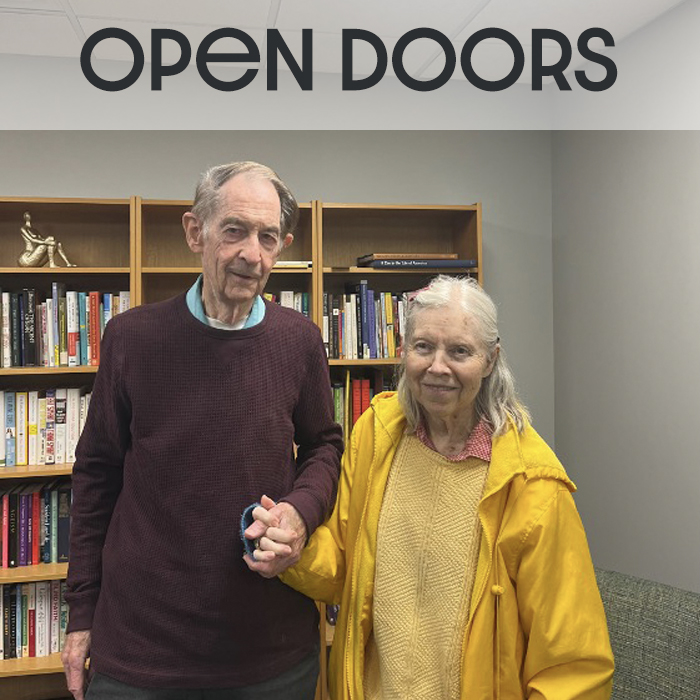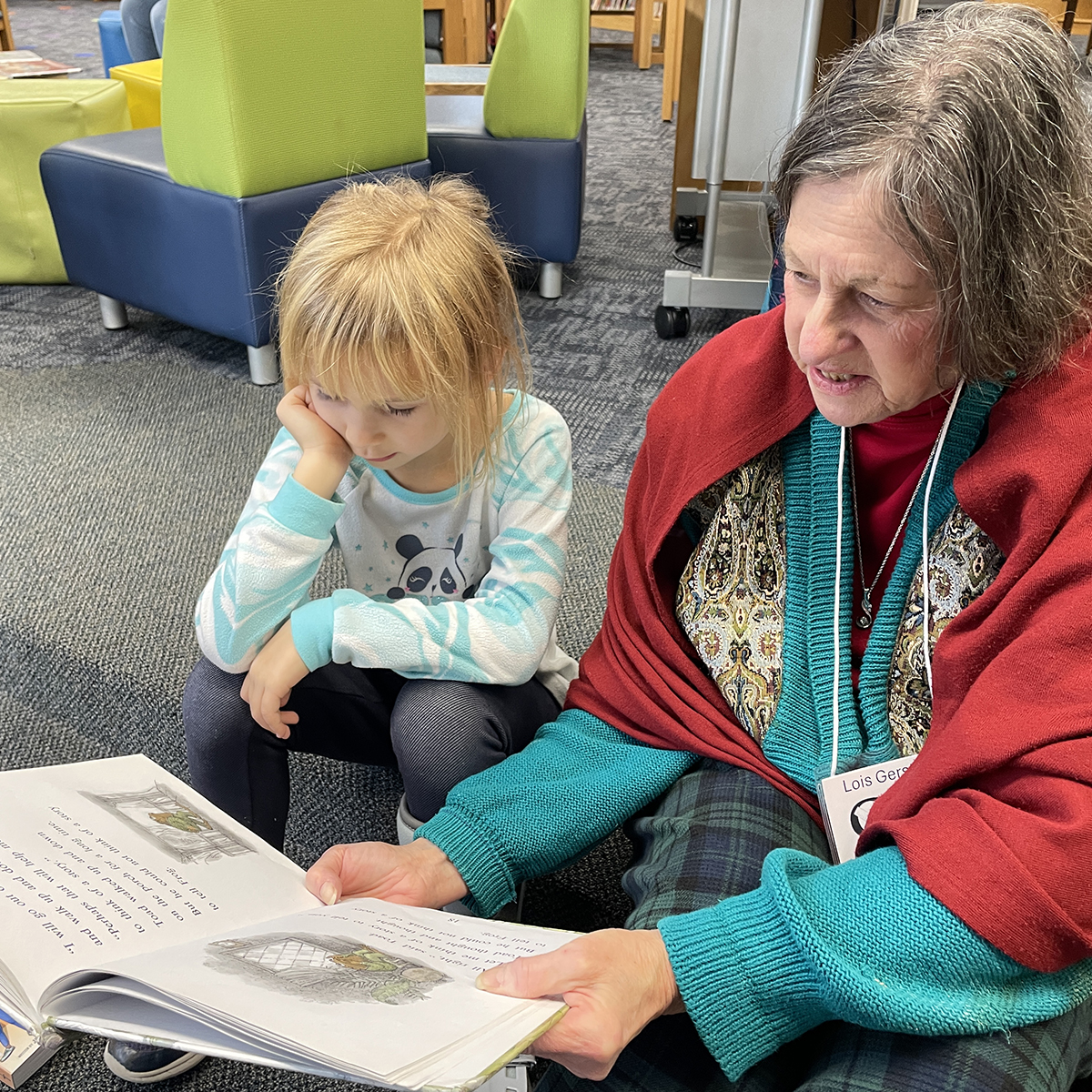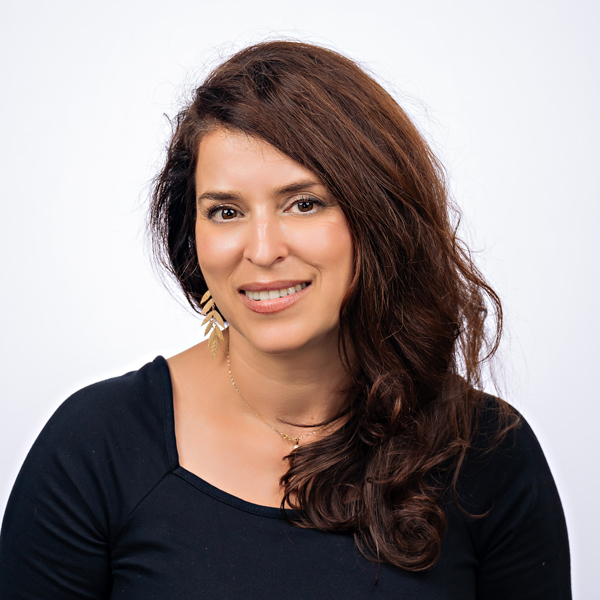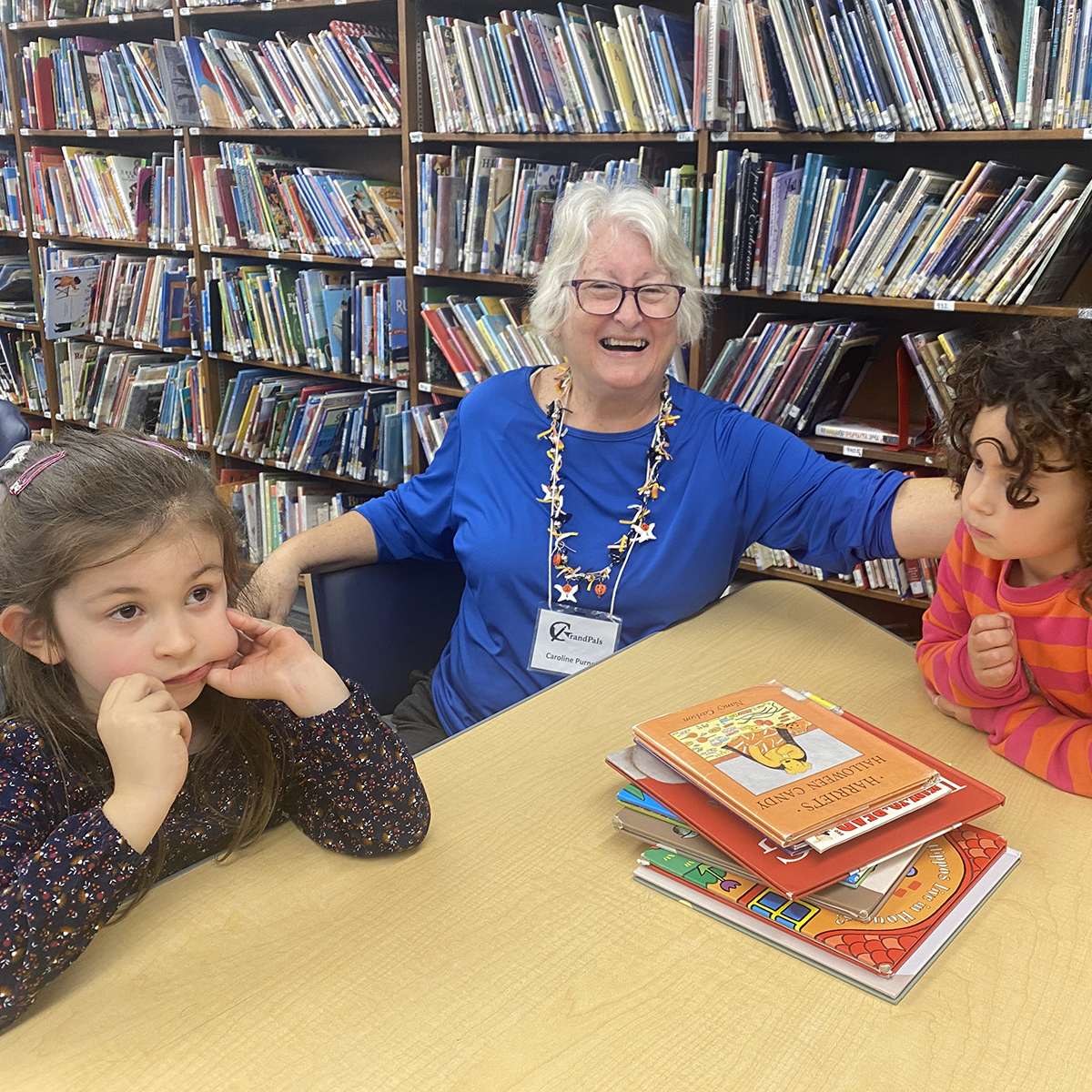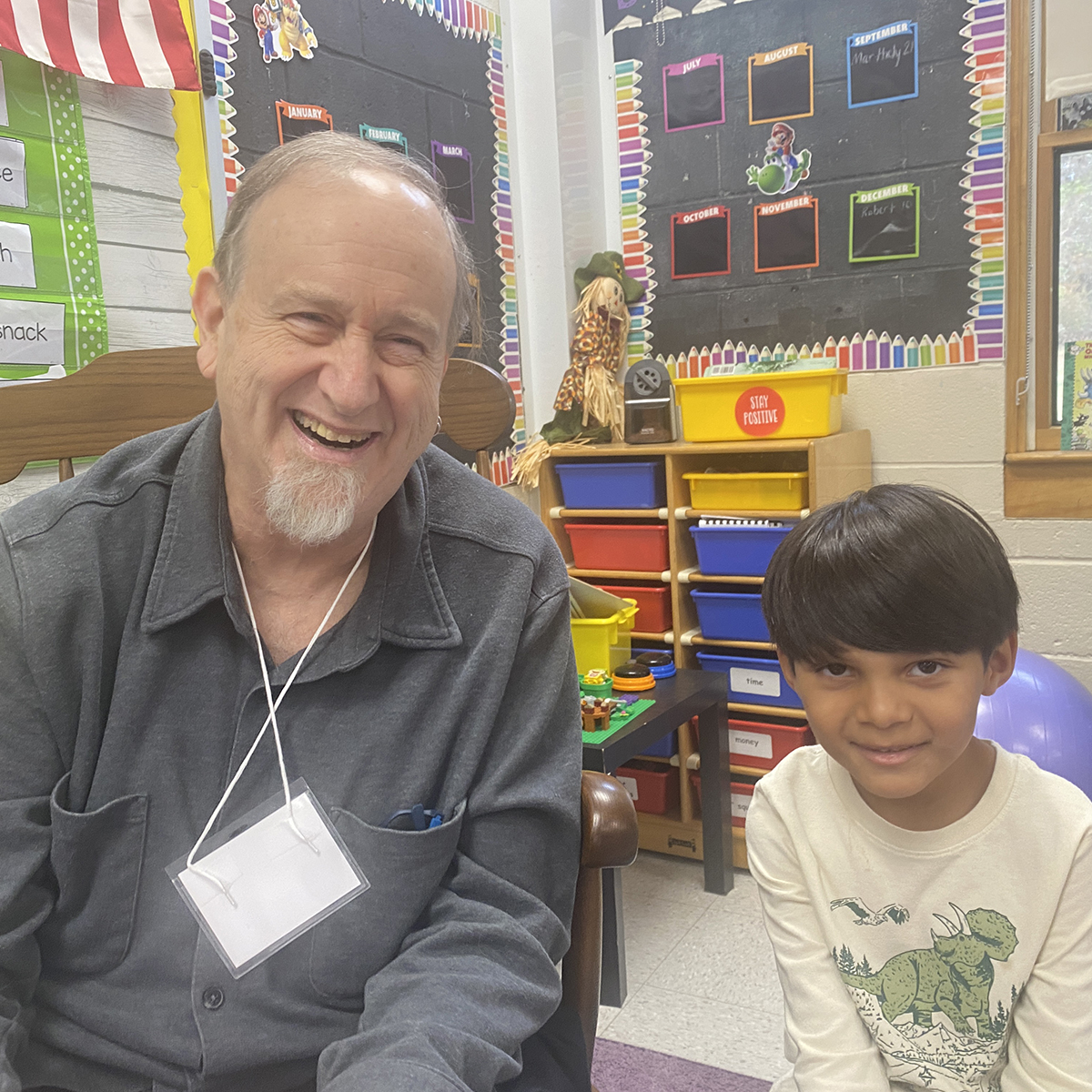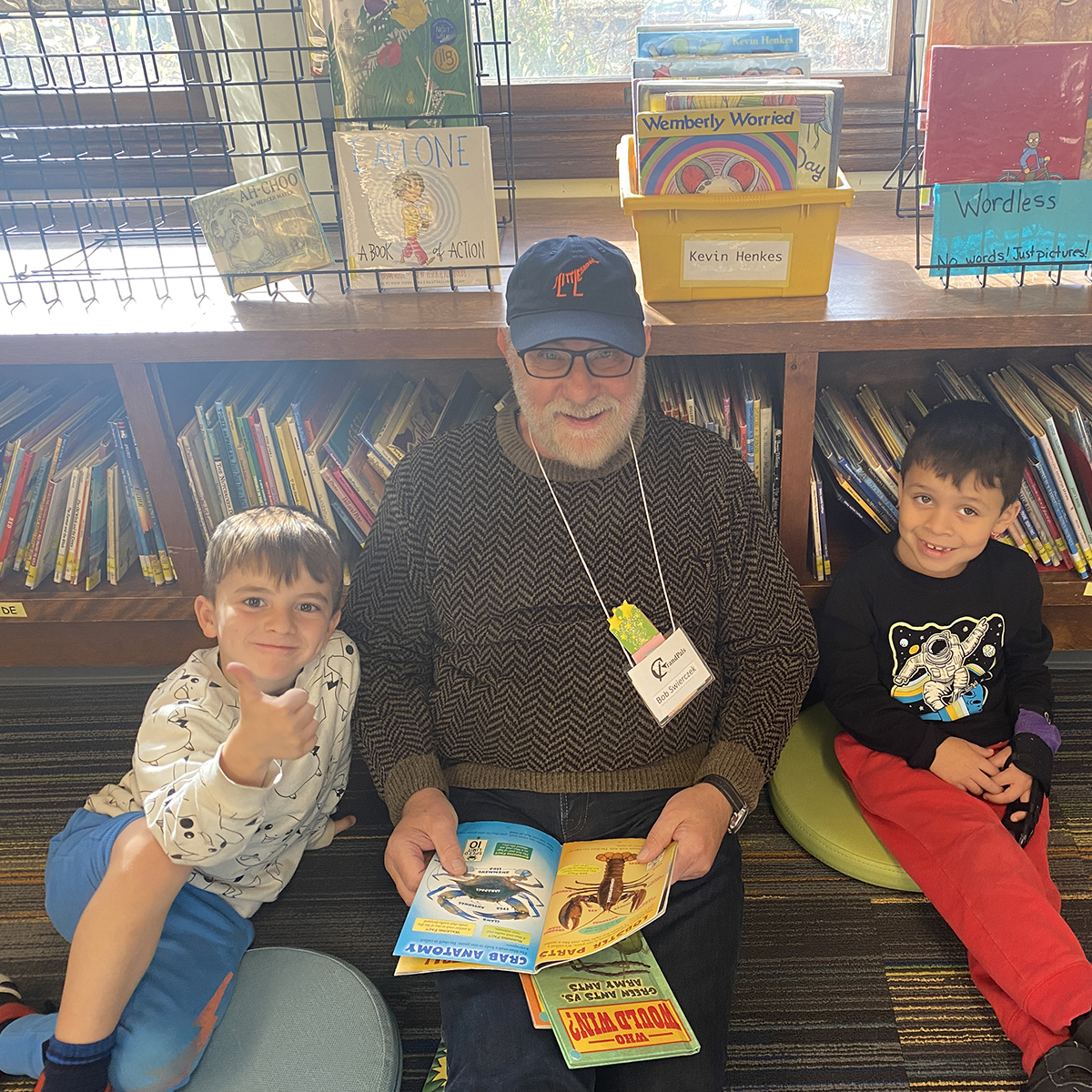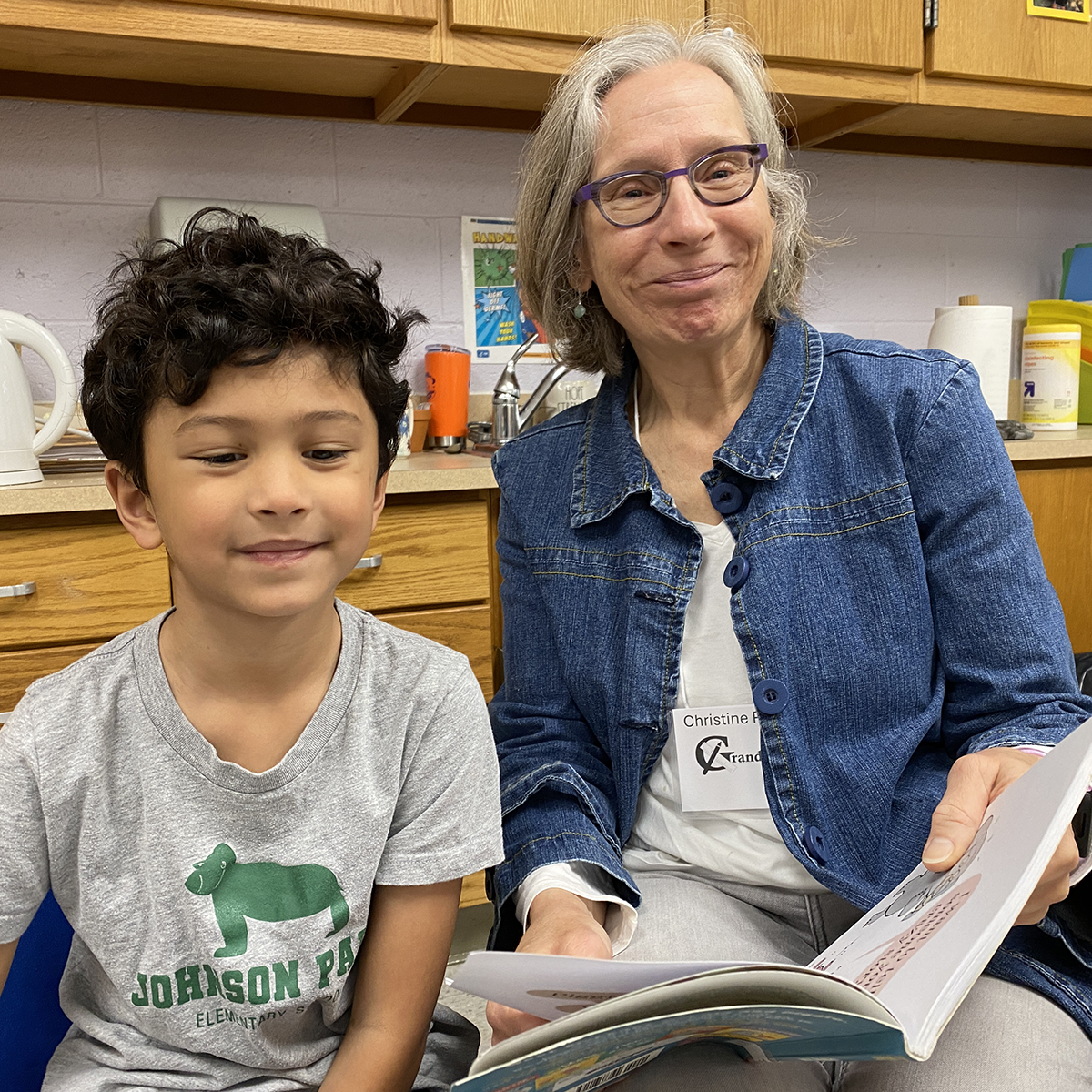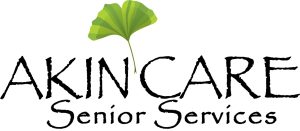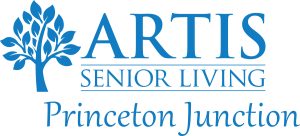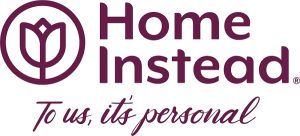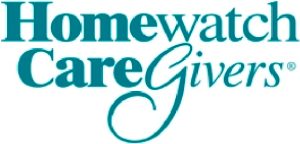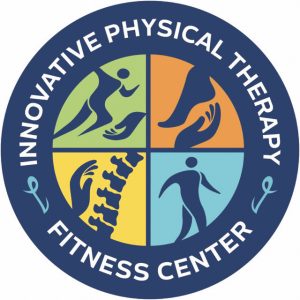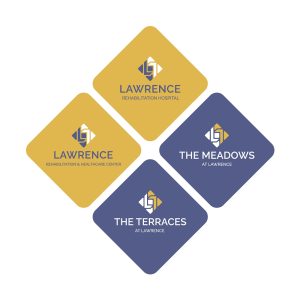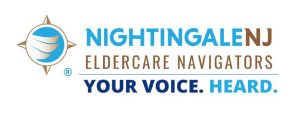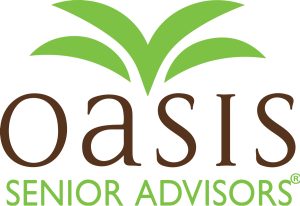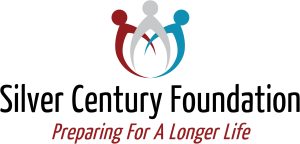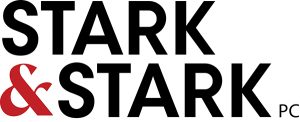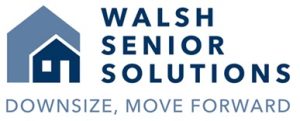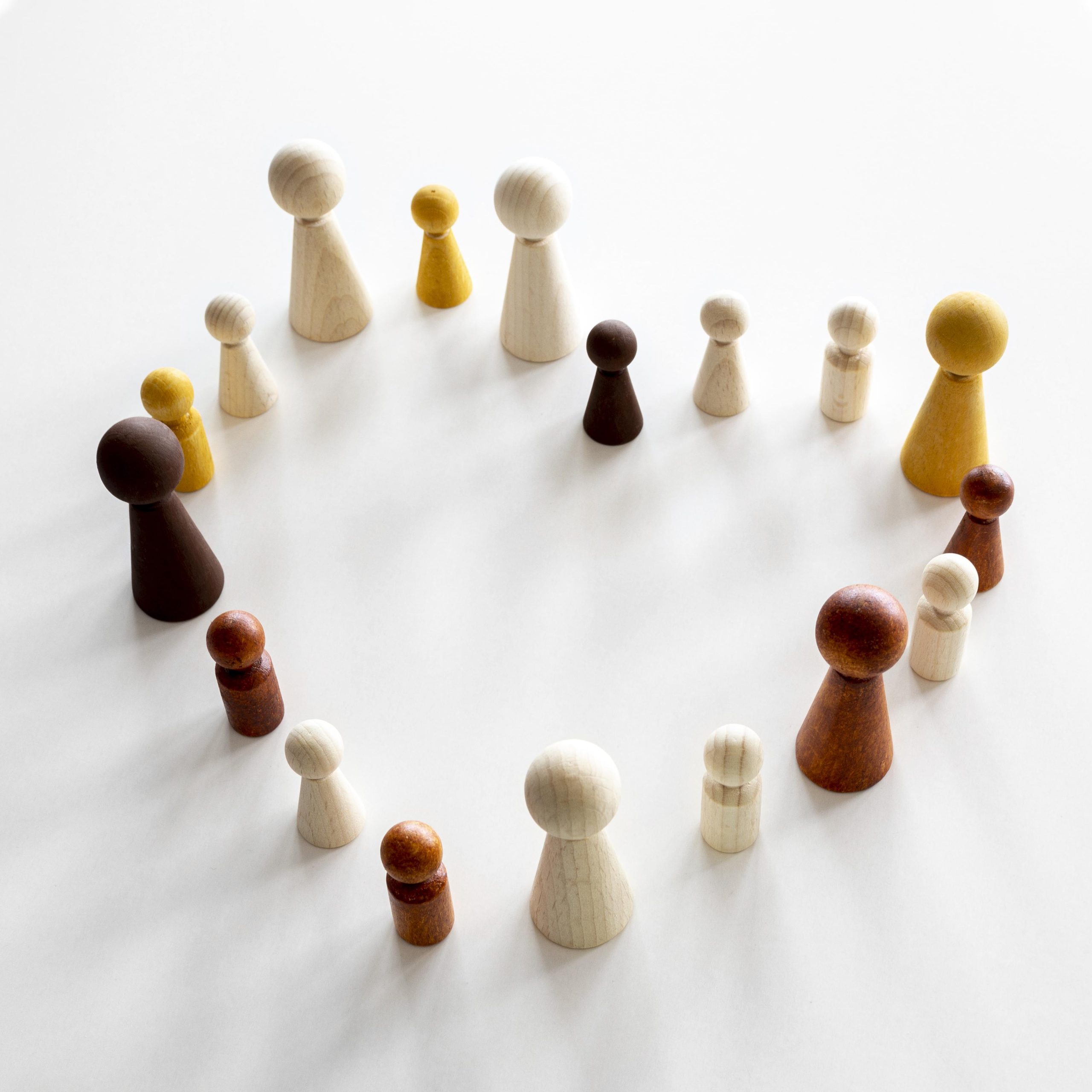
Perspective
If you are human, you have biases
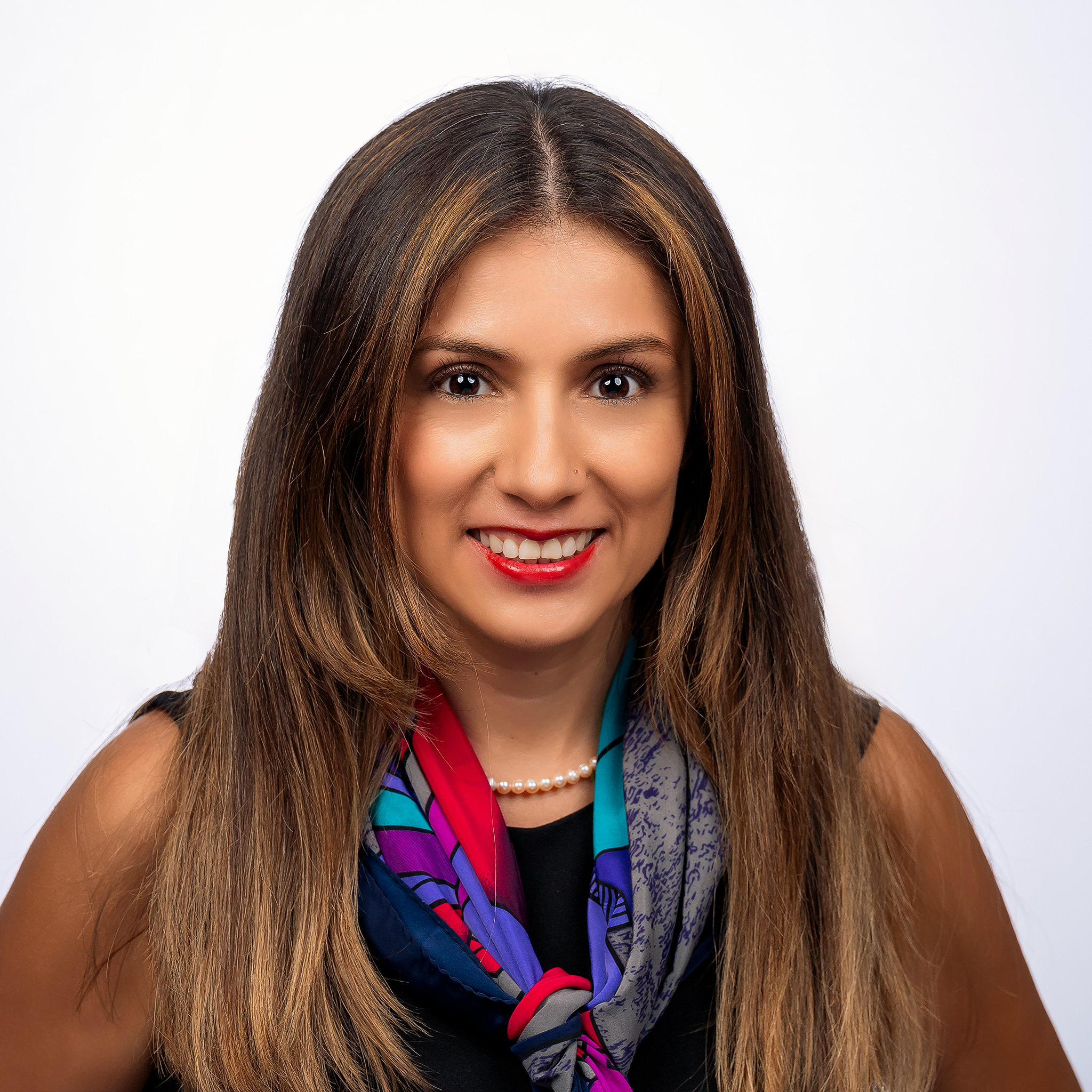
Ana Carolina González-Peña • February 14, 2024
We all hold unconscious beliefs about others; it’s normal to categorize or organize our understanding of other people. This is known as “unconscious bias” or “implicit bias.”
Identifying our own biases can be complicated since they are strongly influenced by our upbringing and exposure to different groups of people. Additionally, there is no clear way to express them, and they encompass aspects such as political ideology, religious beliefs, financial influence, and misinformation, among others.
Some common examples of biases are:
• Attacking someone of a particular religion by questioning their nationality.
• Reporting an LGBTQ+ person for using the women’s restroom.
• Prohibiting employees from speaking a different language in public places.
• Calling the police because a couple of people of color are in a public space for an extended period.
• Assigning tasks only to people with whom we feel comfortable, ignoring the knowledge of others due to their different backgrounds.
Do I have biases?
Despite our best intentions, biases and discrimination can emerge in our communities, often where we least expect them.
Our biases can manifest in our behavior, comments, emails, text messages, articles, and in the connections, we establish with those around us. Some red flags include:
• When defending our arguments, we selectively present facts to reach our only conclusion.
• Attempting to persuade friends or family to think in a certain way without evidence for what we say.
• Using humor or irony to refer to certain people or groups.
• Using coded language, i.e., seemingly innocent words with an alternative or offensive meaning, such as “drug addicts,” “illegals,” “foreigners,” etc.
• Suspecting that someone has committed a crime based on their ethnic origin, either consciously or unconsciously.
• Paying more attention to the tone, emotion, or presentation of a fact, rather than what happened. This often occurs when concerns about racism or discrimination are invalidated.
A Starting Point
Because we are seldom aware of our biases towards others, it is crucial to create awareness to mitigate collective harm. To do this, it is essential to initiate conversations about the impact of discrimination. Here are some recommended practices:
Stay calm: Although it may be challenging to talk about biases, it is essential to remain calm.
Awaken your curiosity and listen: Listen to all opinions, even those that make you uncomfortable. Practice empathy by putting yourself in the other person’s shoes.
Don’t take anything personally: Avoid taking the opinions of others personally. Often, biases reflect more on the person expressing them than on the recipient.
Reflect on the conversation: Think about what you have learned by listening to others. Develop genuine empathy by putting yourself in their place.
Now that you’re willing to see the world through the eyes of others, what will you change in the future? Is there anything you can modify in your own behavior? Although we are very different individuals, our common ground is that we all belong to the human race; it’s just a matter of remembering it!

